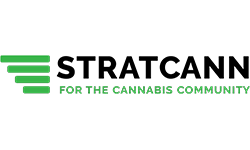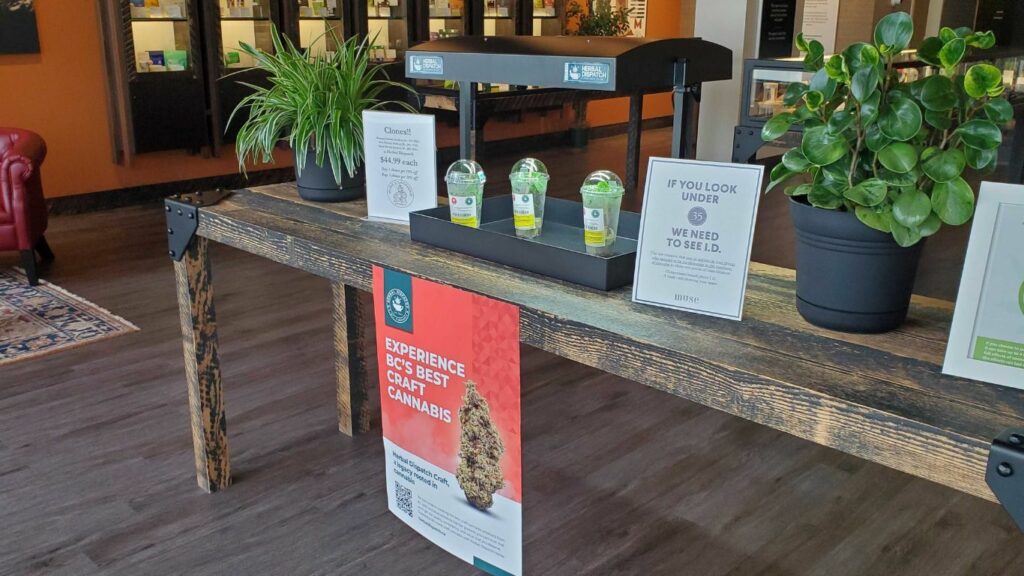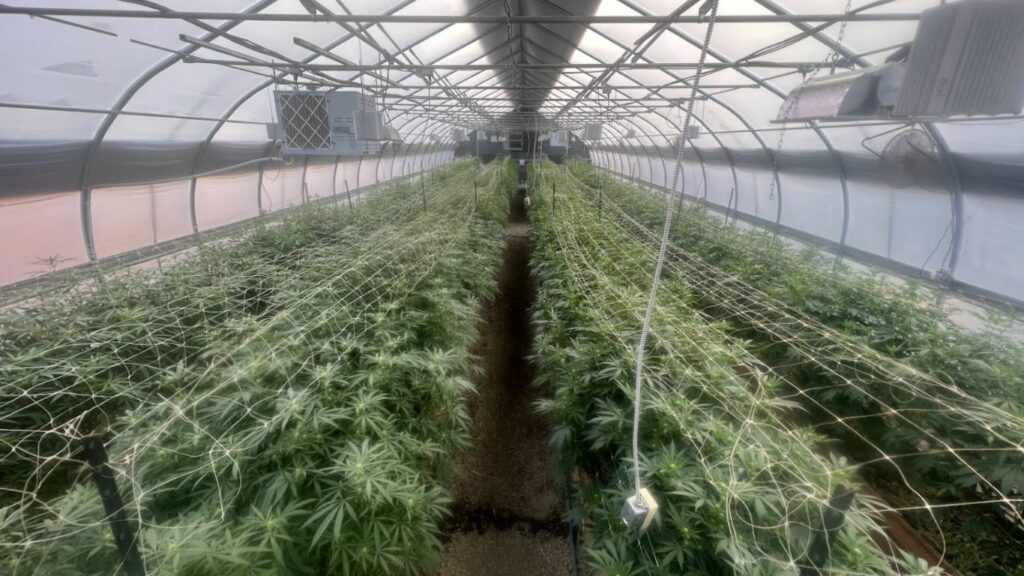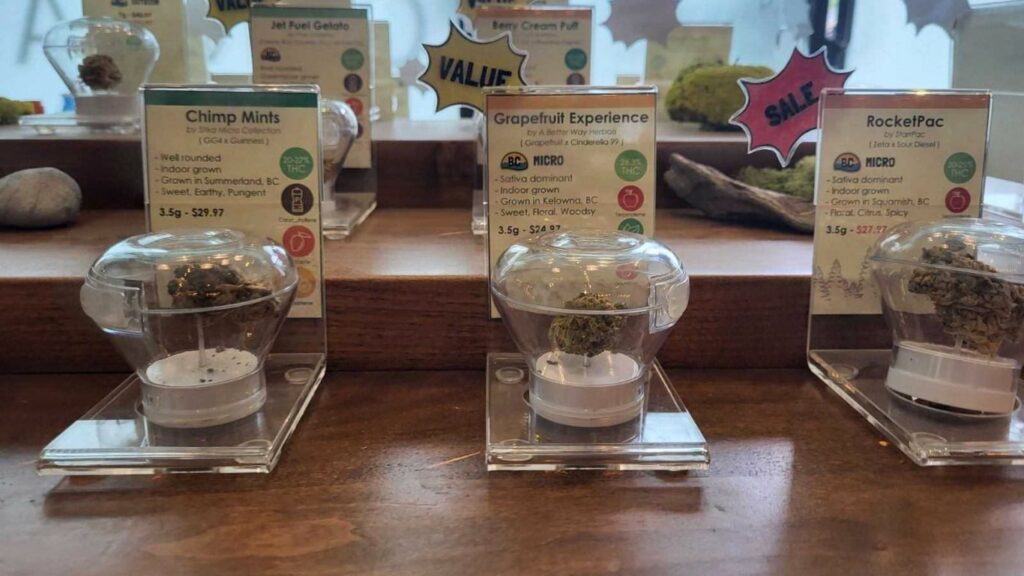This post is presented by our media partner Stratcann
View the original article here.
BC’s direct delivery program for small-scale cannabis producers is beginning to mature but still receives mixed reports from the local industry.
British Columbia launched its direct delivery program in August 2022 with a goal of helping small-scale producers establish a better foothold in the legal market.
Now that the program is approaching one year this summer, more producers and retailers are beginning to lean into the model but say there are still significant challenges to making it a truly viable model for small BC cannabis growers.
Rather than sending products to the BC Liquor Distribution Branch’s (LDB) central warehouse in the Lower Mainland, the LDB allows producers to register and list products for sale through the direct to retailer program. Retailers can then select products from that list and contact the producer directly to arrange delivery.
“It allows for cash up front before we deliver it, which is at least 30-45 days faster than BC LDB. It also creates a one-on-one bond with the dispensary, thereby creating a two-way relationship of understanding.”
William Marshall, Aaron’s BCBud
While the LDB’s centralized distribution system allows a more one-stop service for producers and retailers. It also means products can be less fresh and creates more of a homogenized product selection across the province. Direct sales to retailers, on the other hand, can mean one less middleman between the grower and the retailer.
The program is limited to growers located in BC who produce the equivalent of less than 3,000 kg of dried cannabis flower per year. The program grew from a precarious launch that happened to coincide with a strike at the LDBs warehouse, with only a few SKUs of an array of products from dried flower and pre-rolls to edibles, beverages, vape pens, topicals, concentrates, seeds, and clones.
In the first eight months, the LDB sold the equivalent of nearly one metric ton of cannabis through direct delivery worth $5.7 million. Although this represents a small fraction of the several hundred million in wholesale sales during the same time period, the program was designed to serve a niche of small-batch BC growers rather than the entire provincial market.

Janeen Davis, VP of sales at Joint Venture Craft Cannabis Inc (JVCC), says the program is not without its challenges, especially a hefty 15% fee the BC government places on any direct delivery sales. Still, JVCC, primarily through their BC Black brand, has seen significant increases in the sales of products they have been selling through the program.
One of the big advantages, she explains, is that it allows a more fresh product onto shelves, and more closely resembles the supply chain for cannabis growers and sellers prior to legalization.
“One of the nice things about direct delivery is you know exactly who’s brought your product in, and it allows us to give a superior level of customer service,” says Davis. “With the LDB, we don’t always know who is even carrying our product.
“Another nice thing about it is we can get an order to a retailer in under 48 hours. Going through the LDB, that can be two or three weeks. So it’s just not as fresh of a product.”
However, one of the challenges is the 15% proprietary fee the LDB levies on the program. This is the same 15% they charge producers to sell through their central distribution system, without most of the LDB’s support. This means delivering the product to each retailer, either personally or through a delivery service, and extra logistics like handling individual payments, tracking shipments, more internal record keeping, etc.
“If it weren’t for that, it would be incredible. And if that fee were reduced, some of that could go back to the retailer, and some could go back to the small batch producers.” She points out this will help a lot for smaller businesses that are struggling to survive.
The province has recently committed to reviewing the direct delivery program and the 15% service fee, but no timeline has been established.
William Marshall, the Founder of Aaron’s BCBud, located on Vancouver Island, says he’s been using the program since shortly after its launch. While most of Aaron’s BCBud products sold in BC still go through the LDB, he says the advantage of the direct delivery program is not only a fresher product for retailers and consumers, but also ensures the grower is paid faster.
“The one thing I’m hoping for is getting rid of that 15 percent fee, or at least reducing it. That would make direct delivery a lot more attractive for people. They’re not actually doing anything for that 15 percent. Getting rid of it could give us that competitive edge and give more incentive for the retailers to come over to the direct delivery side.”
Cam McKinnon, Papa Joe’s Organics
“Direct delivery is a dream for the grower,” explains Marshall. “It allows for cash up front before we deliver it, which is at least 30-45 days faster than BC LDB. It also creates a one-on-one bond with the dispensary, thereby creating a two-way relationship of understanding.”
Once a local retailer likes how much fresher the product is, they will sometimes drive to the facility to pick it up themselves.
The grass isn’t always greener
Not everyone is entirely sold on the program, though.
Cam McKinnon from Papa Joe’s Organics, a micro producer in Sooke, BC, just began using the direct delivery model in May. While he likes it, he says he prefers to sell through the LDB’s central warehouse because he thinks products will sell faster.
“I like the direct delivery approach because it’s more honest. You’re getting paid, and it’s gone, rather than potentially sitting around (at the LDB) for 90 days before it gets pulled and returned to vendor for not selling fast enough.”
“But the downside is only about a quarter of the stores will do it in BC. The larger chains don’t seem to be all that interested in it. And it is more paperwork. Obviously, it would be easier to just ship one pallet to central delivery.”
“The one thing I’m hoping for is getting rid of that 15 percent fee, or at least reducing it. That would make direct delivery a lot more attractive for people. They’re not actually doing anything for that 15 percent. Getting rid of it could give us that competitive edge and give more incentive for the retailers to come over to the direct delivery side.”
“We’re getting closer to how it was before everyone was legalized, where everything was this kind of farm-to-table type system.”
Vince Collard of 642 Cannabis
Ryan Brown, the owner of Just Kush Enterprises, a producer in Kootenays, says he was initially using the program when it first launched but noticed sales slowing in early 2023. Although he still uses the program with a handful of retailers, he says the sales volume isn’t enough to keep the lights on.
Although the handful of retailers who buy his products directly are supportive, he points to the extra logistics involved in each of those orders compared to one single shipment through the LDB.
“If we just deliver a pallet to the LDB, then we’re done. Whereas if we keep direct delivery going, we have to put shipments together for each store, track it, and report it. It’s a lot. And for no discount. We still have to pay 15 percent. There’s no advantage, really, for us.”
Getting listed and carried by the LDB still gives him access to hundreds more stores and broader brand recognition.
“Then all the stores see you. It helps get your name out there and into more stores around the province. So we still like direct delivery for a few stores who support it, but we couldn’t survive on it. Not yet, at least.”

One of those retailers, who Brown says is the exception, is Mike Babins of Evergreen Cannabis in Vancouver. Babins says nearly every product in his store is currently ordered through direct delivery.
He says he loves dealing with a company like Just Kush because they are a small business. And while some retailers might find it easier to get one consistent weekly order from the LDB, he says he prefers the flexibility of ordering direct from the retailer based on his needs, not the LDB’s.
“We’re supposed to be supporting locals, right? People complain about the big growers in Ontario coming in. Well, we have the opportunity to do that, and this is how we do that.”
“In the old days, you ordered what you needed when you needed it. With the provincial model, you have to order by your cutoff date whether you have the money or need the product; that’s what you order for the week. With direct delivery, we can see what is out and contact them directly if we need something. It’s so much easier and makes much more sense. You pay people as you’re buying what you need. And you don’t have weed sitting in the stock room for a week until it goes out because you had to buy it on a certain date.”

Grown just down the road
Vince Collard of 642 Cannabis, a cannabis retailer in Sooke, is just down the road from Papa Joe’s. While only a small portion of their overall stock is direct delivery, he says it’s been increasing significantly because it delivers a higher quality, more unique product. It also gives a path to market for more BC growers who might not otherwise get picked up by the LDB.
“The LDB doesn’t take all the products grown in British Columbia, so with direct delivery, I have a much larger network of products I can actually pick from.
I’m happy the program exists, and it does allow access to some of these growers who the BC LDB won’t take their SKUs—and these can be some of the best companies with the best products. But through direct delivery, as long as they have it registered, they can sell it to me.”
Collard has been buying products through direct delivery since the program was launched and says he was happy to see the first Papa Joe’s product listed recently.
“Why should he ship it to Burnaby where they hold onto it, put it on a website, and then ship it back to me? It’s a waste of everyone’s time and resources, and it’s bad for the environment.”
“We’re getting closer to how it was before everyone was legalized, where everything was this kind of farm-to-table type system.”
Related Articles
This post was originally published by our media partner here.



